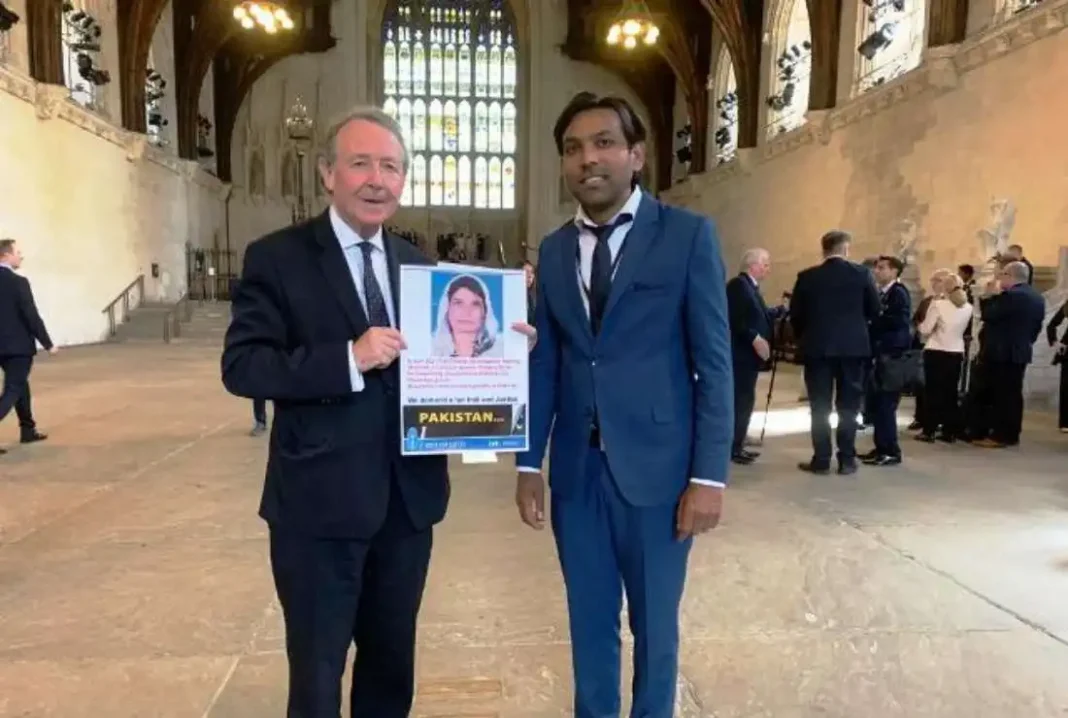An international conference on religious freedom has appealed Pakistan government to repeal the death penalty for apostasy and blasphemy targeting mainly Christians and Ahmadis.
Many participants from Pakistan including an official of the Catholic Bishops’ National Commission for Justice and Peace (NCJP) joined delegates from over 100 countries at the fourth International Ministerial Conference on Freedom of Religion or Belief in London on July 5-6.
British parliamentarian David Alton, a member of the House of Lords, and Joël Voordewind, a former member of parliament from the Christian Union party in the Netherlands, took up the case of Shagufta Kiran, a Christian mother of four, arrested in July 2021 in Islamabad for allegedly spreading blasphemous content in a WhatsApp group.
“The death penalty should not be imposed on non-violent conduct such as offending a religion or leaving a religion. Still, 12 nations maintain the death penalty for apostasy and/or blasphemy,” said Lord Alton, who visited Pakistan in 2019.
Voordewind pointed out how blasphemy laws support the majority religion in a way that discriminates against other groups in Pakistan while promoting intolerance and emboldening extremist groups to commit acts of violence against minorities.
Joseph Jansen, chairman of the Voice for Justice, urged the government of Pakistan to abolish or reform its domestic laws on defamation and blasphemy in accordance with international human rights law.
“The state must implement measures to prevent violence, persecution, and discrimination on the basis of religion and stop the misuse of the blasphemy laws by requiring all cases to undergo prior judicial review before charges are made,” he told UCA News.
In a panel discussion on “Freedom of Belief in Pakistan” on July 6, speakers including Cecil Chaudhry, South Asia deputy team leader of Christian Solidarity Worldwide (CSW) UK, highlighted the root causes of religious persecution and intolerance in the country.
“The state has failed in protecting its vulnerable and marginalized communities. It is unable to enforce the rule of law and has allowed for the extremist mindset to grow and given way for mob violence,” he stated.
He further explained how in the last decade social media had led to a faster rise in hate within society and suggested focusing on education to help change the mindset towards accepting and respecting all communities in Pakistan.

